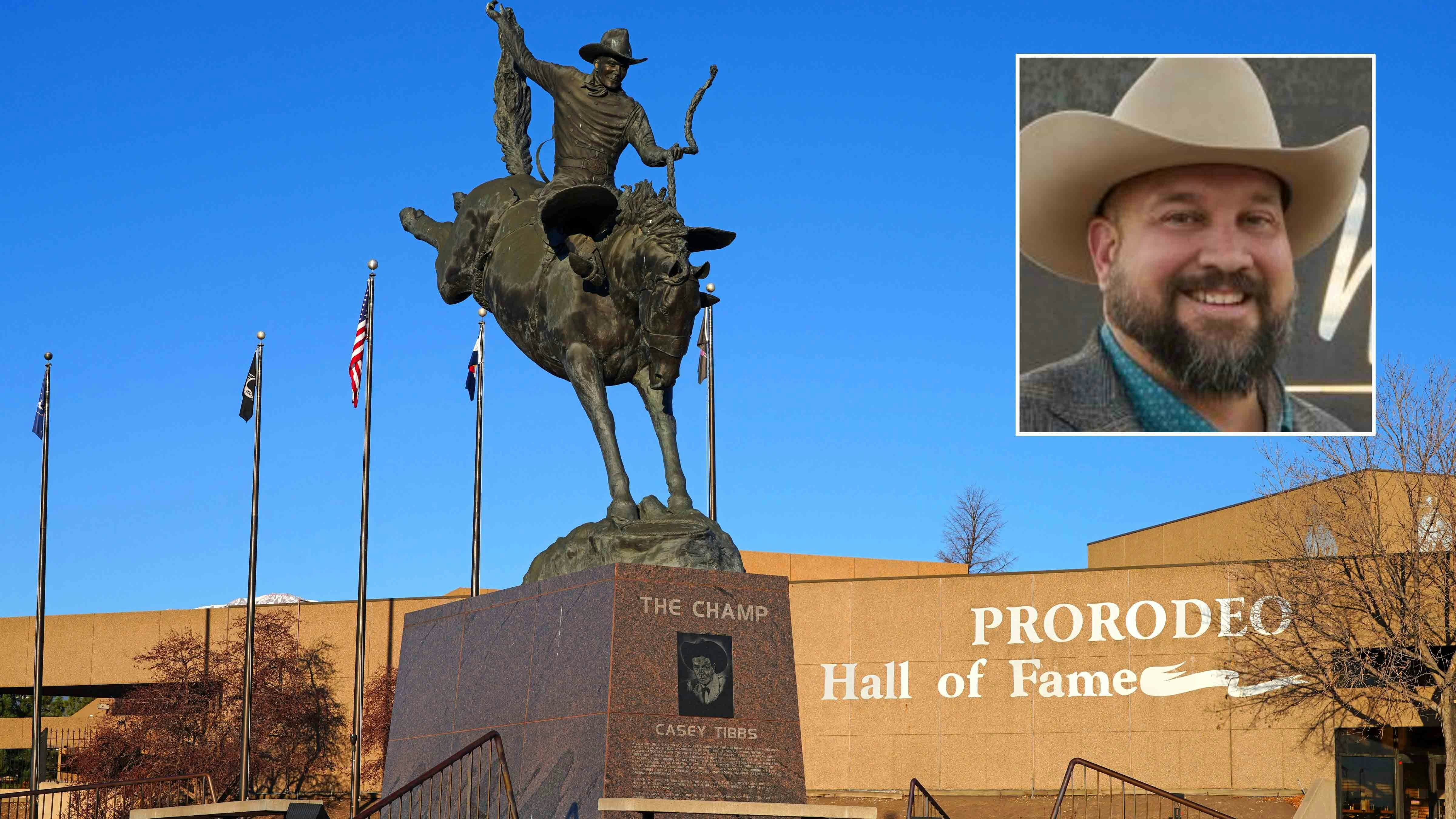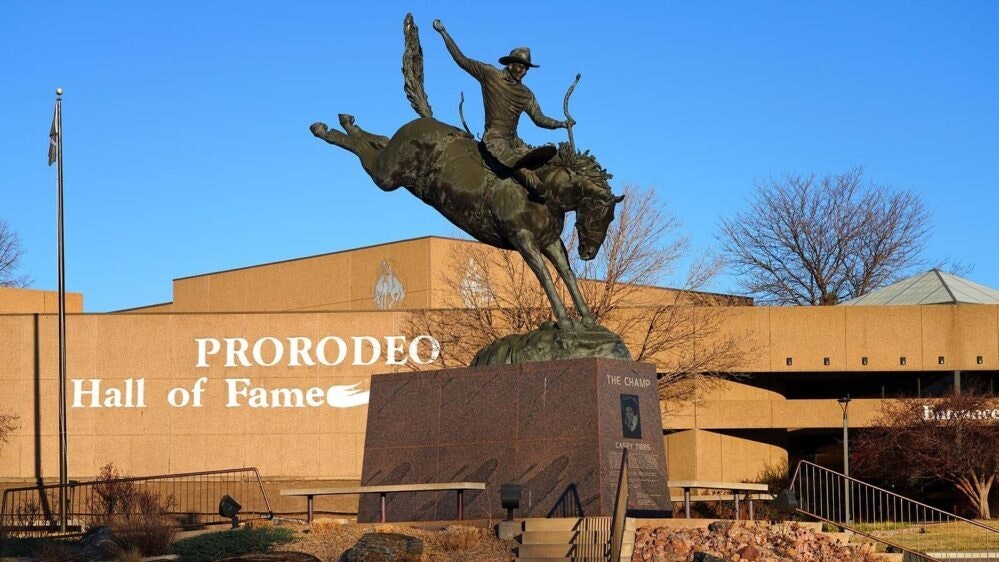The politics surrounding food production and consumption can be fascinating and controversial.
Wyoming beef industry insiders are questioning a recent study by Tulane University that concludes if men ages 50-65, who make up 12% of the respondents yet consumed half of the beef eaten “on a given day,” would switch to chicken or even beans, greenhouse gas emissions would drop by as much as 50%.
That may be an attention-getting conclusion, but beef industry experts told Cowboy State Daily the study lacks validity on many fronts.
First, the study lays an unrealistic amount of blame for greenhouse gas emissions at agriculture’s doorstep, they said. Second, the sample size of 10,000 people is too small to accurately represent all U.S. consumers. And third, sampling the eating habits of Americans for only one 24-hour period doesn’t provide results representative of overall food consumption.
Drovers Magazine, a livestock industry publication, reported that the Tulane study was paid for by the Center for Biological Diversity, a nonprofit with an established record opposing beef production.
Tulane University did not respond to Cowboy State Daily questions about the study and its funding.
“We focused on beef because of its impact on the environment, and because it’s high in saturated fat, which is not good for your health,” said the study’s senior author Diego Rose, professor and nutrition program director at Tulane University School of Public Health and Tropical Medicine.
About Messaging
The study is based on data from the Centers for Disease Control and Prevention’s National Health and Nutrition Examination Survey which tracked the meals of more than 10,000 adults over a 24-hour period.
According to a press release, Rose said the study's purpose was to assist in targeting educational programs or awareness campaigns to those eating disproportionate amounts of beef. Honing messaging around the environmental impact of beef production is crucial at a time when climate change awareness is higher than ever.
Rose said he and fellow researchers were “surprised” that a small percentage of people are responsible for such an outsized consumption of beef, but it’s yet to be determined if the findings are encouraging for sustainability advocates.
“On one hand, if it’s only 12% accounting for half the beef consumption, you could make some big gains if you get those 12% on board,” Rose said. “On the other hand, those 12% may be most resistant to change.”
Jim Magagna, executive vice president of the Wyoming Stockgrowers Association, said agriculture and food consumption studies conducted “by anyone with a Ph.D. behind their name” used to be respected. But today they too often reflect the political views of the organizations that fund the research.
While the Tulane study calls out men from 50-65 for consuming a “disproportionate” amount of beef, it also assumes that agriculture creates a disproportionate amount of greenhouse gases. Magagna said studies that assume biased information are bound to come to biased conclusions.
“The EPA data that I use shows beef cattle are responsible for only 2% of greenhouse gas emissions in the U.S.,” Magagna said. “Globally it’s 6%, but all of agriculture, including beef, is less than 10% in the U.S.”
Benefits Of Beef
Organizations that are critical of beef production often overlook the positives of the industry, Magagna said.
Magagna cited U.S. Department of Agriculture data that shows beef production sequesters carbon and improves soil health. Lean beef is rich in protein, B vitamins, iron and zinc. USDA data also shows that countries with the lowest access to meat in general have the highest rates of malnutrition.
Brett Moline, spokesman for the Wyoming Farm Bureau Federation, said the Tulane study’s results are troubling and the number of people surveyed may not be statistically significant.
“Was the data collected in such a way to prove a point rather than letting the data sort itself out?” Moline asked in an email to Cowboy State Daily. “If I know what I want the results to look like, I select my data using that preconceived notion. Also, looking at only a 24-hour period is not a very long time frame. This limited time frame could lead to very misleading results.”
Further, Moline raised the question of given the nutritional value of beef, if people cut back on eating it, how much more of other foods will a person need to eat to get a balanced diet?





